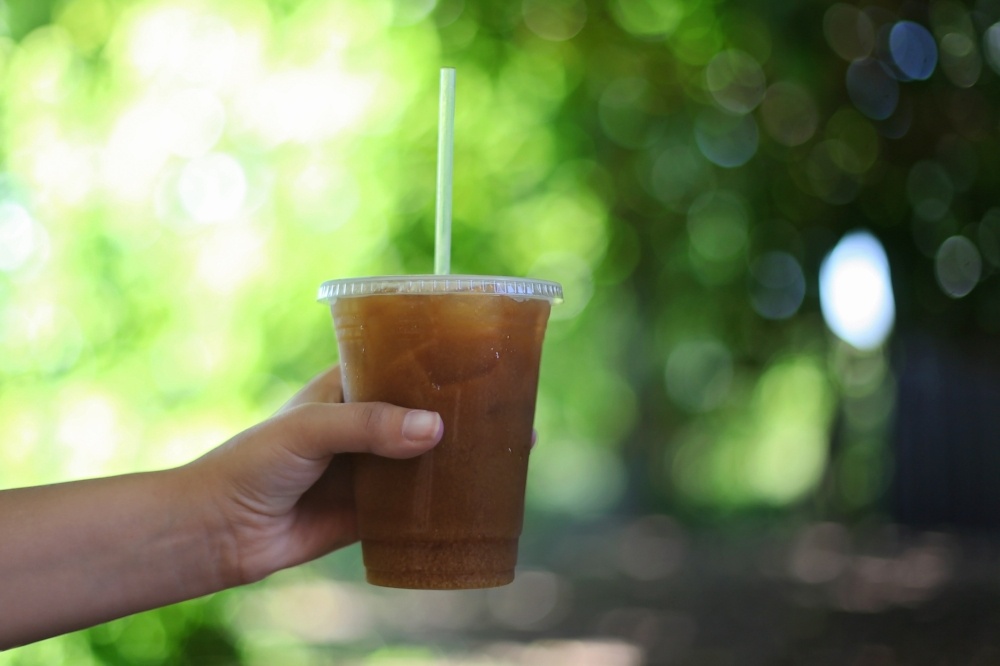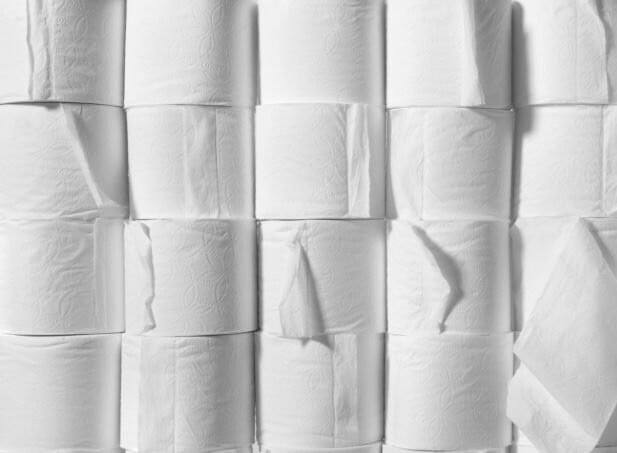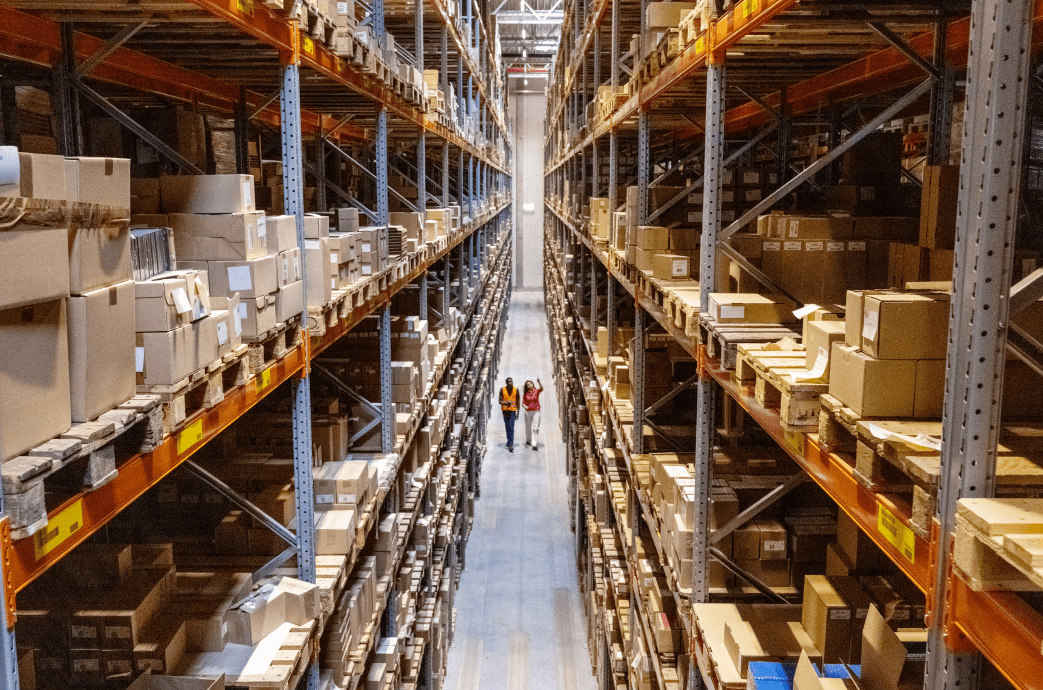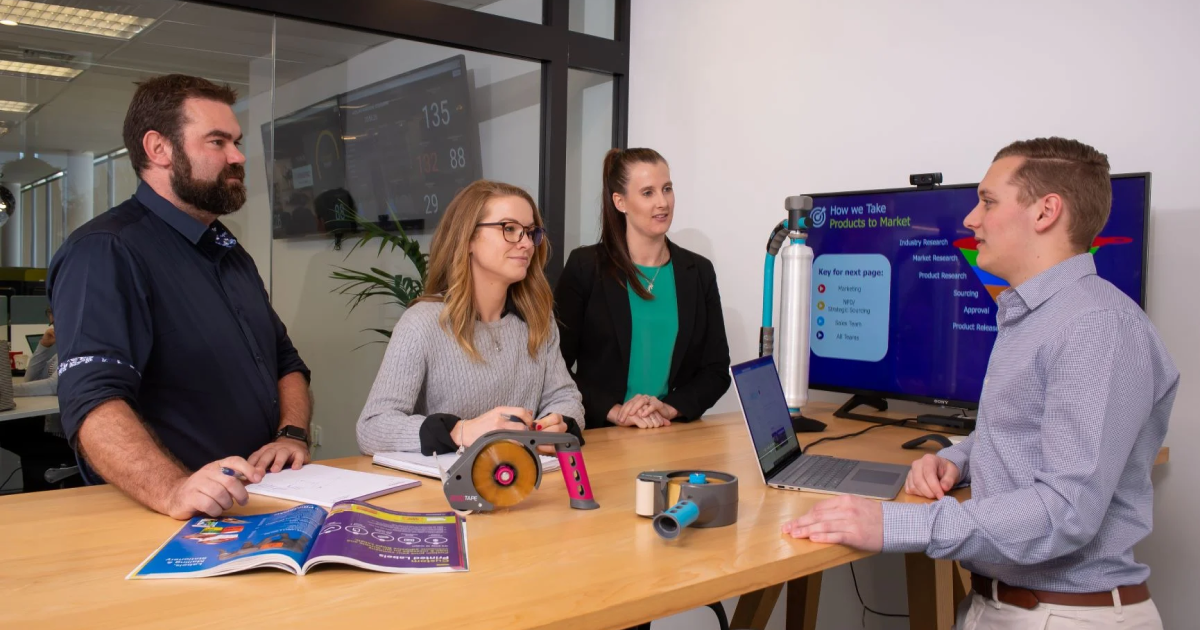
With the growing awareness and concerns of plastic pollution and the effects it has on our environment, more and more people are looking to alternative materials. One popular alternative for businesses is bioplastics, or compostable plastics. Compostable plastics can be used to replace single-use plastics for things like cutlery, plastic bags and even product packaging.
It can easily be confused with degradable plastics. But it’s important to understand that there is a difference between the two, and to be aware of which one you are using so you can recycle the material appropriately.
So what actually is compostable plastic, and how eco-friendly is it?
Composition
Compostable plastic is made from renewable resources like corn starch or sugarcane. Commonly known as polylactic acid (PLA), it is becoming more popular with businesses because it often looks and feels like regular plastic - but comes with the benefit of breaking down faster and is more environmentally friendly than regular plastic. Compostable plastic will decompose in a compost pile, taking approximately 90 days to break down (depending on compost conditions such as temperature). This leaves no harmful residues in the process, and reduces the impact that traditional plastic has in landfills and natural environments.
Degradable plastic breaks down (bio degrades) faster than traditional plastic. Not all degradable products are created equal, and many suppliers claim that their product is biodegradable when it actually isn’t. Degradable bags are made from polyethylene, which is still a petroleum-based plastic, but contains a degradable additive known as TDPA (totally degradable plastic additives). This helps the plastic break down into smaller particles when exposed to sunlight, heat and oxygen. These smaller oxidized molecules are degraded and converted into carbon dioxide, water and biomass, by microorganisms. The rate at which this happens for conventional plastics is very slow, taking decades or even centuries. The degradable additives are catalysts that accelerate this reaction, so that it occurs over a few months to a couple of years.
Traditional plastic packaging is made from something called carbon-based polymers, which is essentially a long chain of molecules that repeat their structures over and over. This long chain is what makes plastic so strong, and bacteria is unable to break this material down effectively which makes it so difficult to degrade.
Eco-friendliness
We already know that compostable plastic is made from renewable sources, which earns it one environmental tick. It (PLA) has also been identified as easier to recycle, because it melts under heat pressure instead of burning. This means that it can be liquified easily, and re-moulded into other materials without emitting toxic gases like other plastics can.
In regards to recycling, bioplastics will often be marked with the number seven in the recycling triangle which means they can be commercially recycled. However they can also be compostable (and thrown into the worm bin), but make sure the bioplastic you are using is certified compostable.
What products can you start using?
Primepac stocks a range of eco-friendly products that can be used in businesses or by individuals to help reduce their environmental footprint. Our compostable plastic products are certified compostable in NZ.
Compostable kitchen tidy liners and bin liners - these liners are great for anyone who collects green waste for their compost bin or their backyard worm farm. Also a great alternative to regular plastic bags, as these take only approximately 90 days to break down.
Compostable wheelie bin liners - these are great for people who want to reduce how many plastic bags they throw away with their rubbish, while also keeping their wheelie bin clean. Line your wheelie bin and throw your rubbish straight in, without having to worry about extra bin liners.
Compostable retail bags - great for businesses who want the convenience of plastic bags, but without the negative environmental impact. The extra microns in these compostable bags mean that they’re highly durable, and your customers can safely carry their shopping whilst reducing yours and their carbon footprint.
Want to find more great eco-friendly packaging and plastic options? Browse the Primepac range here.






.png)

